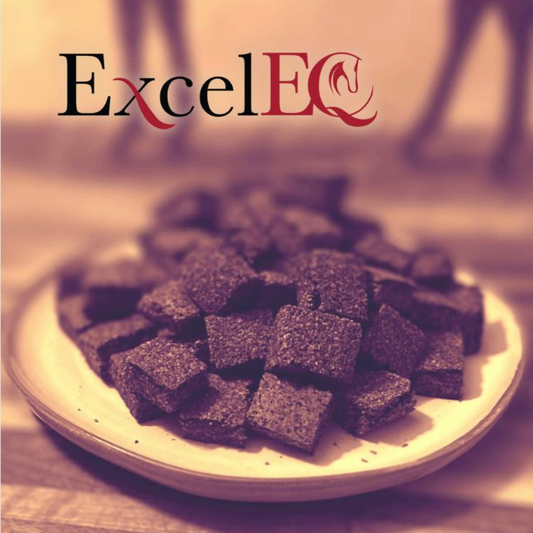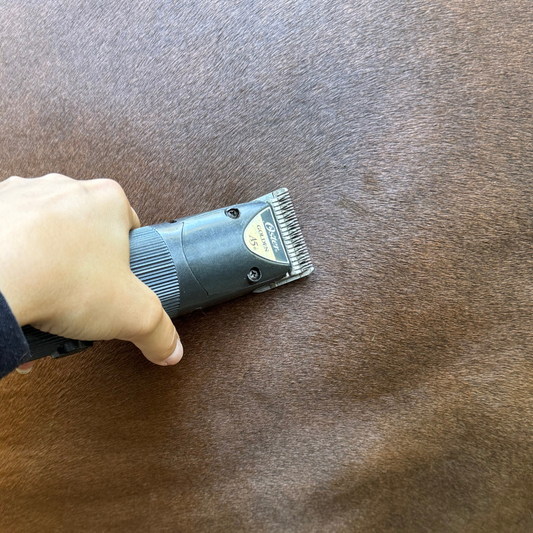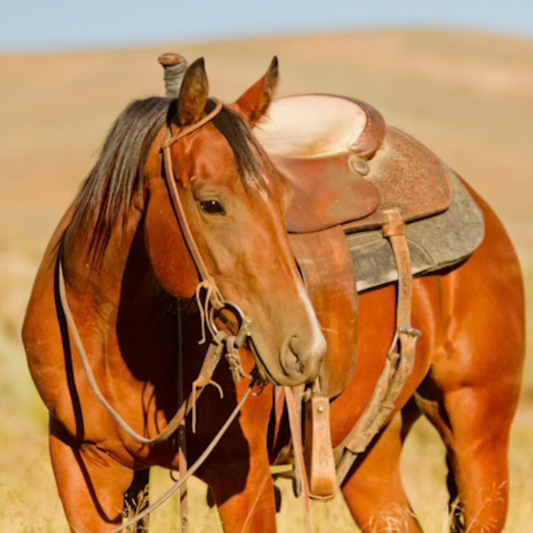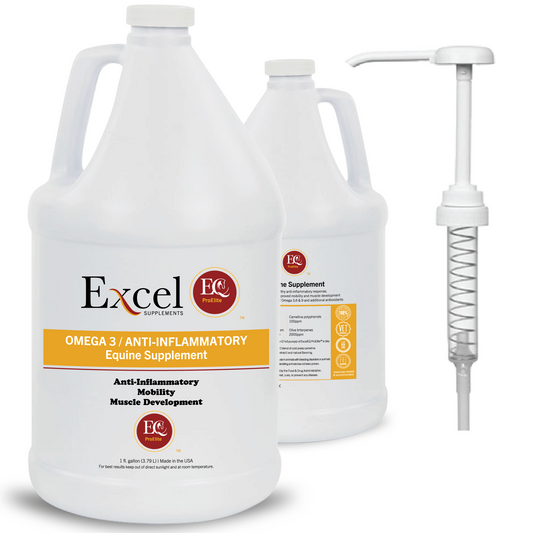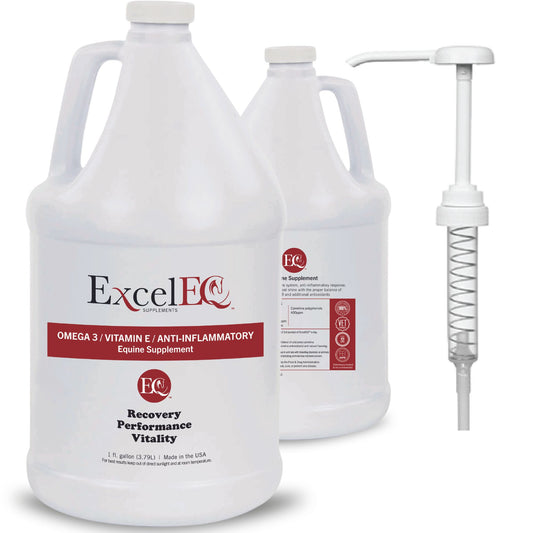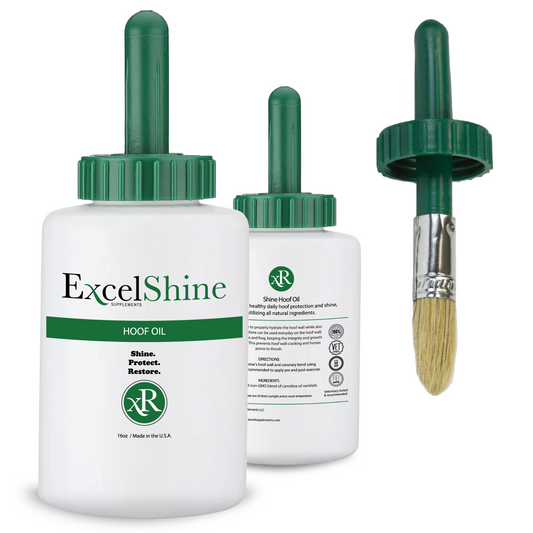Hydrate Your Horse: Essential Tips and Tricks
Share
Keeping your horse well-hydrated is crucial for their health and performance. Proper hydration helps prevent overheating and fatigue, especially after vigorous activity. But what should you do if your horse becomes dehydrated? Understanding how to identify and address dehydration is vital for every horse owner. Here’s a comprehensive guide
5 Essential Tips on How to Hydrate a Dehydrated Horse
1. Clean Water Buckets Daily
Maintaining clean water buckets is crucial for encouraging your horse to drink. Dirty buckets can deter your horse from drinking due to unpleasant tastes or smells. Here’s how to ensure your horse always has fresh water:
- Use Designated Brushes: Scrub buckets with brushes specifically for cleaning to remove hay, dirt, and leftover feed.
- Rinse Thoroughly: Ensure that all residue is rinsed away.
- Add Soap: Using soap helps eliminate bacteria. Rinse thoroughly to remove any soap residue.
Clean your horse’s water buckets and troughs at least once a day to prevent contamination and ensure they always have access to fresh water.
2. Use Salt Licks to Encourage Drinking
Adding salt licks to your horse’s stall can promote hydration. Salt helps in the absorption of fluids and aids in maintaining electrolyte balance. By encouraging salt consumption, you can naturally boost your horse’s water intake. Place salt licks in each stall to give your horse a choice and encourage them to drink more water.
3. Feed Wet Grain and Add Electrolytes
Incorporating wet grain and electrolytes into your horse’s diet can enhance hydration:
- Wet Grain: Soaking grain or adding water to their feed increases fluid intake.
- Electrolytes: Adding electrolytes, either as a paste or powder, helps maintain hydration levels and supports overall health.
- Camelina Oil: Camelina oil can also help keep urine production steady, contributing to better hydration.
4. Encourage Drinking with Flavorful Additives
To make drinking more appealing, try adding treats like grain or apples to the bottom of the water bucket. The pleasant flavor can entice your horse to drink more. This simple trick can make a significant difference for horses reluctant to drink water.
5. Treatment for Severe Dehydration
In severe cases of dehydration, immediate action is necessary:
- Electrolyte Paste and Water Additives: These can help restore hydration levels quickly.
- IV Fluids: In extreme cases, an equine vet may need to administer fluids intravenously to rapidly rehydrate your horse.
Always consult with a veterinarian if you suspect severe dehydration, as prompt medical intervention is critical.
Preparing for Horse Shows: Backup Hydration Solutions
If your horse tends to experience hydration issues at shows or unfamiliar venues, consider bringing a water filter. A filter can improve the taste and quality of water, making it more appealing to your horse. This preventative measure ensures that your horse stays hydrated even in less-than-ideal conditions.
By following these tips and monitoring your horse’s hydration closely, you can help keep them healthy, comfortable, and performing at their best. Regular attention to hydration is key to maintaining overall well-being and preventing dehydration-related issues.
For updated information on equine care, trending topics and discount opportunities follow us on social!
Follow us on Instagram: @excelsupplements
Keep up to date with us on Facebook: Excel Supplements
Sources:
- American Association of Equine Practitioners (AAEP): Guidelines to Follow During Equine Emergencies
- Vetericyn: 7 Signs of Dehydration in Horses & How to Prevent It

